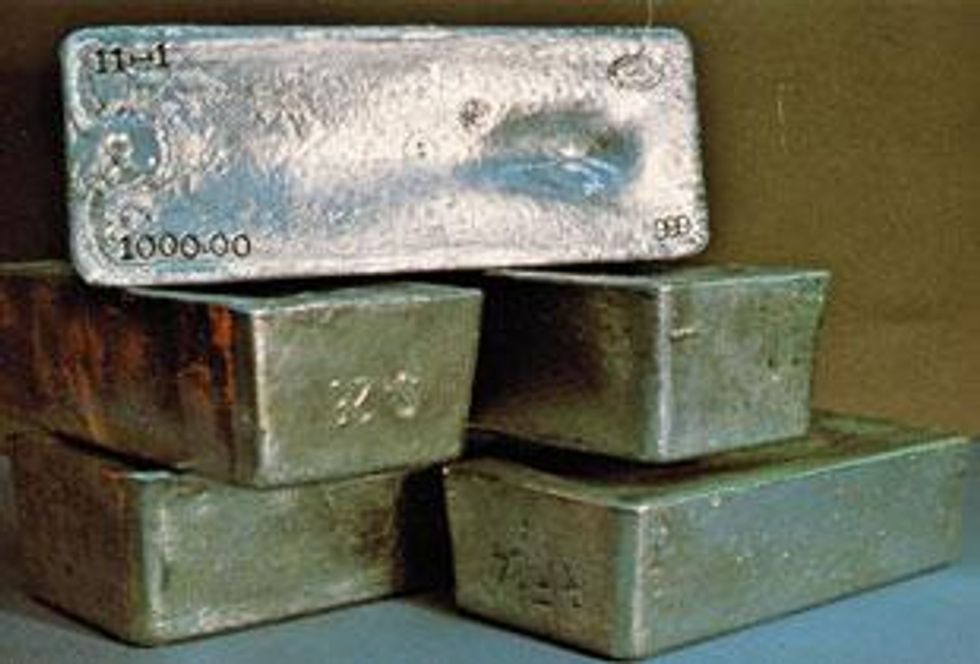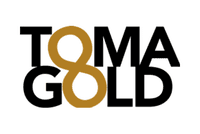World Gold Council: Few Surprises in Q1 2015 Gold Demand Stats
The World Gold Council released its latest Gold Demand Trends report on Thursday. It shows that during the first quarter of 2015 total demand for the metal came to 1,079 tonnes. That’s down just 1 percent, or 11 tonnes, from the year-ago period.
The World Gold Council (WGC) released its latest Gold Demand Trends report on Thursday, and it shows that during the first quarter of 2015 total demand for the metal came to 1,079 tonnes. That’s down just 1 percent, or 11 tonnes, from the year-ago period.
Interestingly, states the WGC, that balance between Q1 2015 and Q1 2014 came “despite substantial underlying differences across geographies and sectors.”
For instance, stronger gold demand from the jewellery space was “balanced by weakness elsewhere as demand responded to local conditions in each market.” More broadly, higher gold demand from areas like India, the US and smaller Southeast Asian markets was offset by lower demand from China, Turkey, Russia and the Middle East.
Looking more closely at the types of local conditions that affected gold demand, the WGC points to “[w]eaker economic growth, higher gold prices in local currency terms and rallying stock markets” as factors that pushed consumers in some markets to shy away from purchasing gold.
As an example, the WGC notes that a big drop in the lira pushed the gold price in Turkey to “near-record levels,” with the result being the lowest jewellery demand since Q4 2012. Meanwhile, bar and coin investment came in 66 percent below the five-year quarterly average. Conversely, “improved Western investors attitudes towards gold” brought benefits for ETFs.
Demand stats by sector
Aside from that broad overview of Q1 2015 trends, the WGC report also looks more specifically at demand statistics from a variety of sectors. Here’s a breakdown of its findings.
- Jewellery — Gold demand from the jewellery space clocked in at 600.8 tonnes during 2015′s first quarter. That’s 3 percent lower than the year-ago period, but above the five-year average of 570.3 tonnes. According to the WGC, the biggest fall in demand was a 23-tonne decline in China, while the largest growth came out of India, which consumed 27 more tonnes of gold than it did in Q1 2014.
- Investment — Investment demand was up 11 tonnes in Q1 2015 compared to Q1 2014, and the WGC states that the increase “was due to inflows into ETFs.” That said, while bar and coin demand were down compared to the year-ago period, they are still up in historical terms. All in all, investment demand came to 279 tonnes this past quarter.
- Central banks, other institutions — Summing up demand from central banks and other institutions, the WGC simply notes, “[s]tability and continuity are synonymous with central banks, and these proved to be the defining themes in the first quarter.” Net purchases from entities in the sector totaled 119.4 tonnes during Q1 2015, “unchanged compared to the same period in 2014.”
- Technology — Gold demand from the tech space was down 2 percent in Q1 2015 compared to the same period in 2014. It came to just 80.4 tonnes, which according to the WGC is the lowest quarterly level it has on record (its stats date back to 2000). The organization points to substitution and thrifting as responsible for the fall as manufacturers are on the hunt for cheaper alternatives.
Supply and price
Though the WGC’s report covers gold demand, it also includes a short overview of the supply situation. Like demand, it was “little changed year-on-year,” with lower recycling counteracting growth in mine supply. All in all, total supply for Q1 2015 came to 1,090 tonnes.
In terms of price, the organization states that for the first quarter of 2015, the gold price averaged US$1,218.50 per ounce, down 6 percent from the same period in 2014. Given the overall balance in the market, it’s interesting to note that decline.
Outlook
Unfortunately for market watchers, the WGC isn’t expansive about what it sees happening to supply, demand and the gold price moving forward. That said, the overall picture of balance presented in the report doesn’t look like it’s going to be shaken any time soon.
Securities Disclosure: I, Charlotte McLeod, hold no direct investment interest in any company mentioned in this article.






